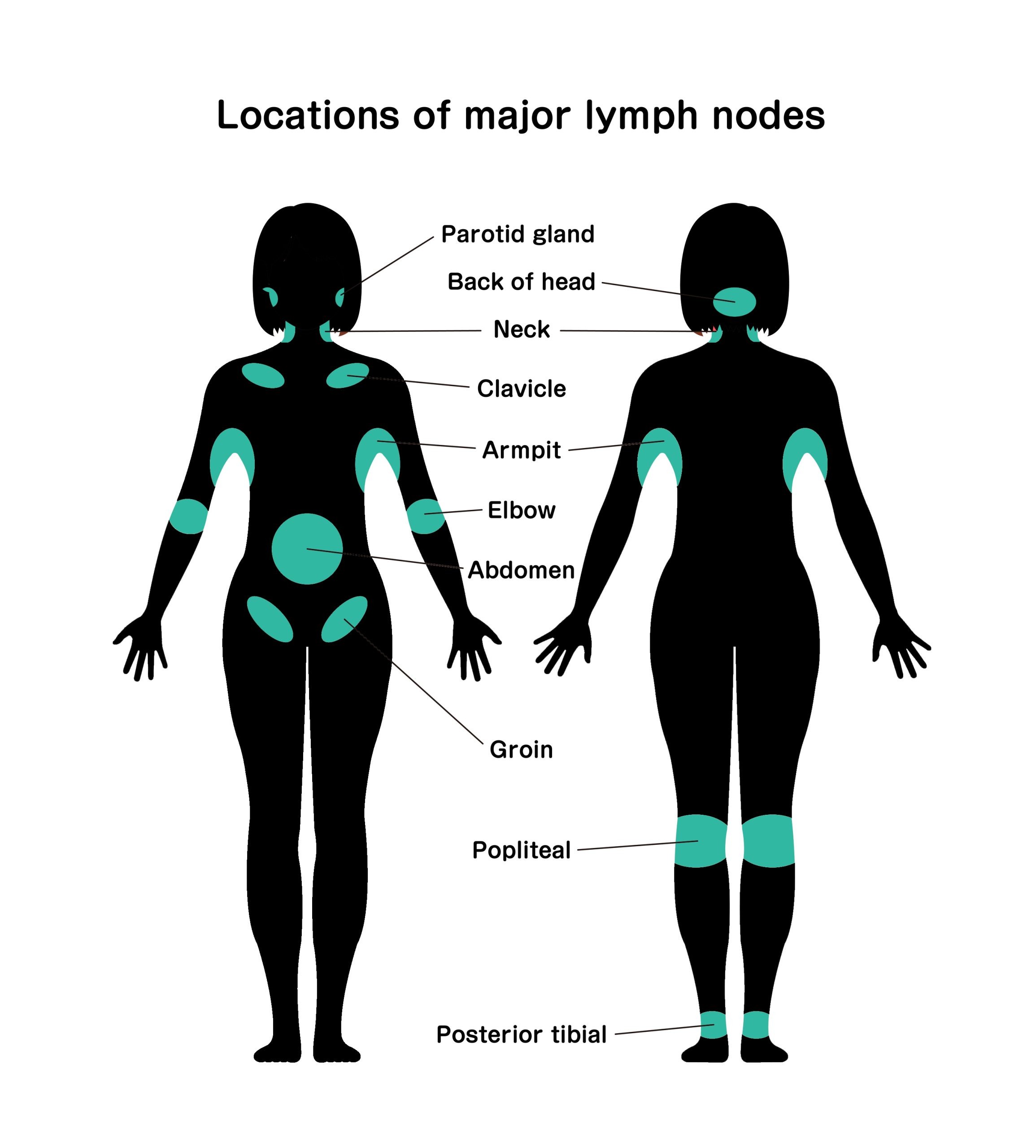Home | Specialties | Physical Therapy | Lymphedema Management
Lymphedema Management
Physical Therapy plays an important role in managing lymphedema through techniques that help drain fluid accumulation and reduce swelling in affected limbs. A key component is manual lymphatic drainage, a light massage method that encourages the flow of lymph through overloaded or sluggish areas to direct fluid buildup toward properly functioning lymph vessels. Other techniques such as exercise, compression bandaging, and proper skin care also help prevent infection and reduce swelling.
Physical therapists develop customized treatment regimens using proven techniques to reduce limb size, improve limb function, and enhance the quality of life for lymphedema patients. Patient education on self-care strategies, from skin hygiene to self-massage helps empower patients to manage lymphedema long-term.

What is Lymphedema?
Lymphedema is a condition characterized by swelling in the arms or legs due to a buildup of lymph fluid. It occurs when the lymphatic system, which drains fluid from tissues, is damaged or unable to keep up with fluid production in the body. Early intervention with physical therapy helps prevent negative side effects such as infection. Decreased mobility, pain, increased swelling, and more.
What Causes Lymphedema?
While sometimes genetic predisposition plays a role, lymphedema most often arises from acquired damage to the lymphatic system that compromises its ability to drain fluid adequately. Lymphedema can be caused by surgery, radiation therapy, infection, venous disease, or trauma to the lymph nodes.
Treatment Options for Lymphedema
Compression Therapy
Compression therapy is vital in managing lymphedema. This involves wearing specialized compression garments, such as compression sleeves, stockings, or bandages, to apply gentle pressure on the affected limb. Compression aids in preventing fluid buildup and promotes proper lymphatic flow.
Manual Lymphatic Drainage (MLD)
MLD is a specialized massage technique performed by trained therapists. It involves gentle, rhythmic movements that stimulate the lymphatic system, encouraging the flow of lymphatic fluid and reducing swelling.
Exercise and Physical Activity
Regular exercise and physical activity can help improve lymphatic circulation and manage lymphedema. It is important to engage in low-impact exercises that promote muscle movement and lymphatic flow without causing strain or excessive exertion.
Skin Care
Proper skin care is crucial in lymphedema management. Keeping the skin clean, moisturized, and protected helps prevent infections and complications. Techniques such as regular moisturizing, avoiding cuts or injuries, and practicing good hygiene are emphasized.
Healthy Lifestyle
Maintaining a healthy lifestyle by following a balanced diet, managing weight, avoiding smoking, and staying hydrated contributes to overall well-being and can support lymphedema management.
Education and Self-Care
Learning about lymphedema, its causes, and how to manage it effectively is an essential part of treatment. Patients are educated on self-care techniques, including self-massage, skin care, recognizing warning signs, and early intervention to prevent exacerbation.
Psychological Support
Lymphedema management also addresses the emotional and psychological aspects of living with a chronic condition. Support groups, counseling, and resources help individuals cope with the challenges, reduce anxiety, and promote overall mental well-being.
How Can Physical Therapy Help
with Lymphedema
It’s important to note that lymphedema management is typically multidisciplinary, involving a team of healthcare professionals, including physicians, physical therapists, lymphedema specialists, and occupational therapists. They work together to develop personalized treatment plans based on individual needs and circumstances, aiming to minimize symptoms, improve functionality, and enhance the overall quality of life for individuals with lymphedema.
Reclaim Your Comfort with Our Physical
Therapist in Michigan
Looking for a qualified physical therapist in Michigan? Synergy Health Partners Physical Therapy offers personalized, outpatient care using evidence-based approaches to restore function and relieve pain. Our team of experienced physical therapists is treating in 3 convenient locations in Michigan, including Livonia, Warren, and Shelby Township.
